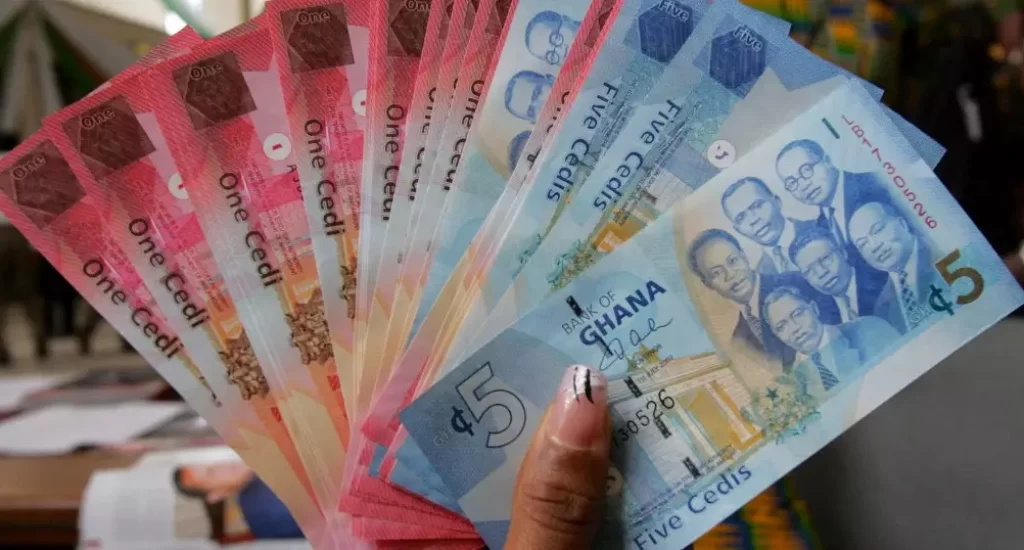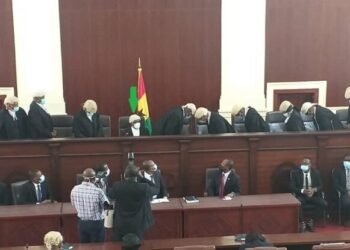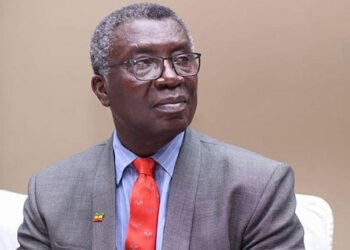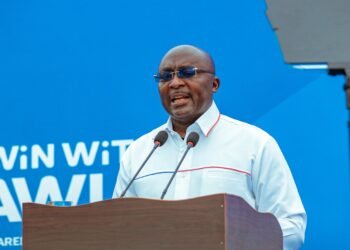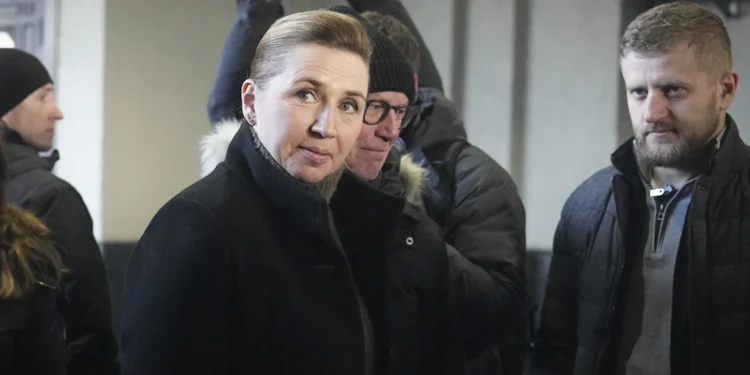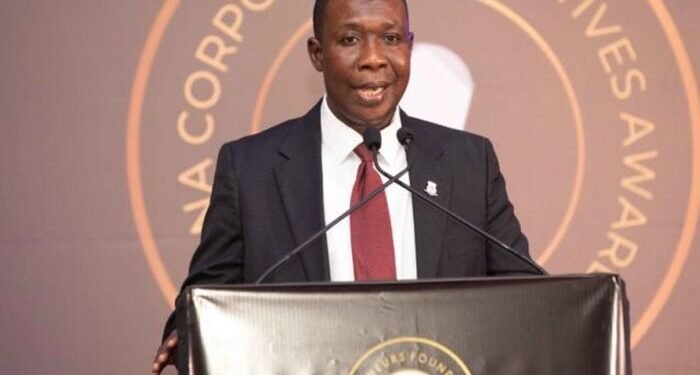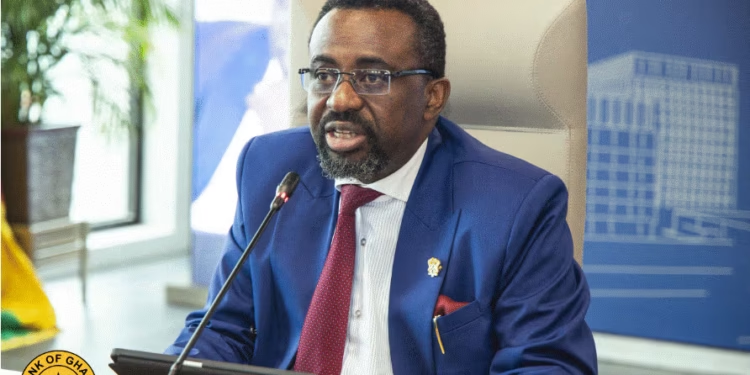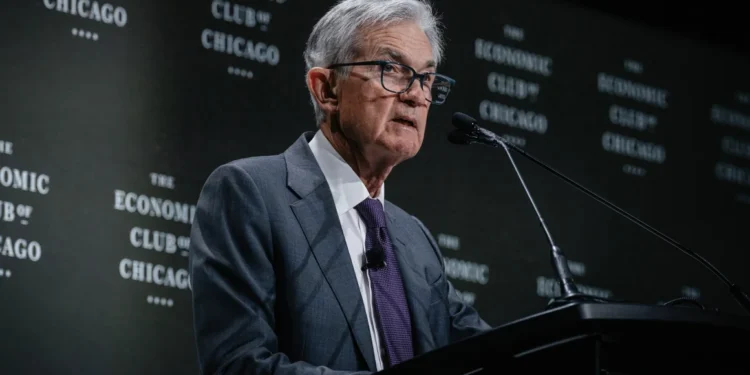Sammy Gyamfi, Acting Managing Director of the Precious Minerals Marketing Company (PMMC), has argued that attributing the recent strengthening of the cedi solely to Ghana’s gold reserves is misleading—if not entirely incorrect.
He argued that while gold reserves at the Bank of England had risen to about 30 tonnes by the end of 2024, the U.S. dollar was still trading at a steep GHS16.
By 2025, despite only a modest increase in reserves—up by just one tonne—the dollar had dropped to GHS13.2. This, Gyamfi suggested, points to a more complex economic picture that demands deeper analysis beyond just bullion figures.
“For if 30 tonnes of gold reserves under the NPP could not reduce the dollar rate to below 16 cedis, then 31 tonnes of gold reserves cannot magically reduce the dollar rate to 13.2 cedis. Simple logic!”
Sammy Gyamfi
Gyamfi fully acknowledged the significance of gold reserves—but he maintained they aren’t the main force behind the cedi’s recent appreciation.

According to him, the true catalyst has been the remarkable increase in dollar inflows resulting from unprecedented gold export volumes.
This export boom, he noted, has flooded the forex market with dollars, shifting the balance of supply and demand decisively in favor of the cedi. “Exchange rate stability is primarily a function of the demand and supply of forex.”
In this case, Sammy Gyamfi noted that Ghana’s spike in gold exports has led to an unprecedented influx of dollars, easing the pressure on the cedi and allowing it to rise.
Simply put, more dollars in the market mean fewer cedis needed to buy them.
Gold Reserves, Policies, and Trust: Unpacking the Cedi’s Turnaround
In addition, there’s a strong psychological factor at work: confidence. When an economy shows signs of recovery, it inspires trust among investors, traders, and everyday citizens. That trust often fuels further stability, creating a momentum of its own.

Gyamfi attributed this renewed confidence largely to “the prudent and credible fiscal and monetary measures adopted by the NDC/Mahama government and the Central Bank.” He believes these actions have brought a sense of order to what was once a turbulent financial landscape.
In sharp contrast, he criticized the performance of the previous administration, led by former Vice President Bawumia at the helm of the Economic Management Team (EMT), for failing to instill similar confidence.
“Under Bawumia as head of the EMT, the Ghana cedi attained the unenviable record as the worst-performing currency in the world. Today, the Ghana cedi is being hailed as the best-performing currency in the whole wide world. And Kofi Bentil says what? Bawumia deserves the credit?”
Sammy Gyamfi
That’s a dramatic turnaround, no matter how you look at it. So, who should get the credit? That’s the million-cedi question, and opinions are divided—often along political lines.
Gyamfi clearly believes the praise is misplaced when it lands on Bawumia. In his view, it’s the current administration’s policies that are making the difference, not a magic trick involving gold reserves.
Critics like Kofi Bentil, however, argue that long-term planning often yields delayed benefits, and so some of the groundwork laid in previous years may be bearing fruit now.
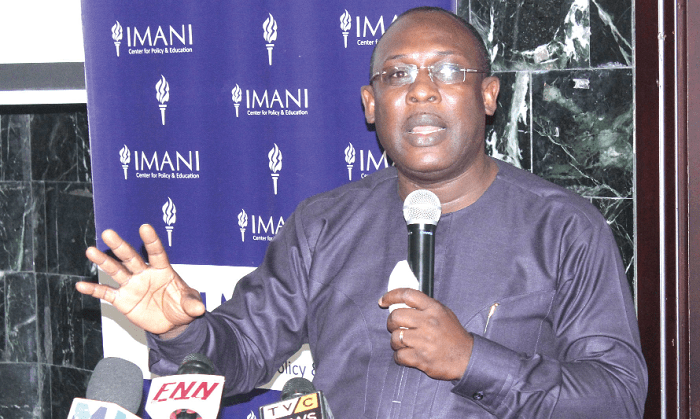
According to Bentil, the gold purchase policy was first introduced by the previous administration and actively promoted by Dr. Bawumia, and is currently sustained by the Mahama government. “Both efforts are leading to positive results. Both governments deserve praise.”
Others claim the truth is more complicated—an interplay of gold exports, debt negotiations, international support, and a dash of luck.
But one thing is clear: the simplistic narrative that gold reserves alone can sway a nation’s exchange rate doesn’t hold up under scrutiny.
A more nuanced understanding of forex markets reveals a web of variables, including export revenues, investor sentiment, and monetary discipline.
For now, the cedi is enjoying its moment in the sun. Whether that continues depends not just on the size of our gold reserves, but on the country’s ability to maintain the delicate balance of exports, fiscal policy, and investor confidence.
READ ALSO: Robert Prevost is Pope Leo XIV

